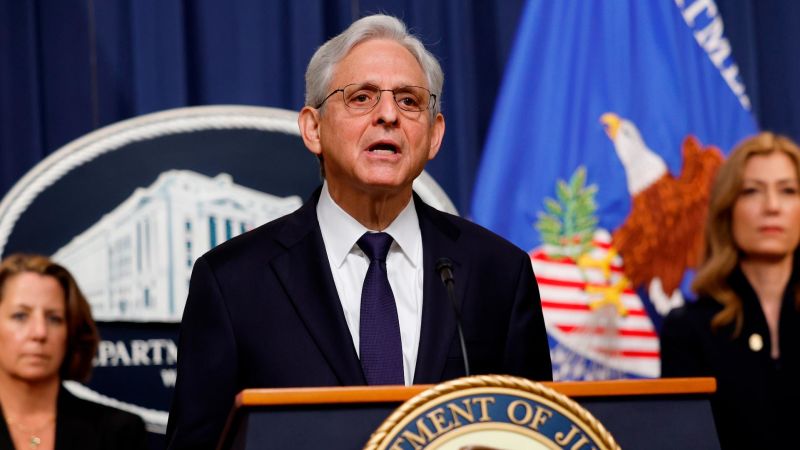Deputy US Attorney General Lisa Monaco announced that federal prosecutors will seek harsher sentences in cases involving the use of artificial intelligence to commit election-related crimes. This new policy is intended to address the increased threats facing election workers due to advances in AI technology, which have made it easier to create fake audio and video content to spread false information. Monaco emphasized the importance of protecting the democratic process and election integrity in the face of evolving threats. The policy change is a response to the growing concern over the potential dangers posed by AI tools in the lead-up to the 2024 presidential election.
The emergence of AI-driven software programs capable of producing deepfakes, such as fake audio or video content, has further complicated the threat environment for election workers and officials. US officials are particularly concerned about the potential for AI tools to exacerbate the already precarious situation surrounding election security. An incident during the Democratic primary in New Hampshire, in which an AI-generated robocall impersonating President Joe Biden urged voters not to participate in the primary, serves as a troubling example of the misuse of AI technology for malicious purposes. Federal officials are also considering potential scenarios in which foreign powers may attempt similar tactics to influence voters.
The Justice Department is facing pressure from election officials to investigate the influx of harassing phone calls and emails they have received, many of which have been motivated by false beliefs about widespread election fraud in the 2020 election. Instances of threats, harassment, and abuse directed at election officials have been reported by a significant number of respondents in a survey conducted by the Brennan Center for Justice. Concerns about the safety and well-being of election officials and staff members have been on the rise, prompting efforts to enhance personal safety training and physical security measures in collaboration with state and local law enforcement.
One example of the real-world consequences of these threats is the case of an Ohio man who was sentenced to over two years in prison for making death threats to an Arizona election official whom he accused of fraud. The persistent danger faced by election offices across the country underscores the urgent need for enhanced security measures and proactive measures to address threats and harassment targeting election workers. Amy Cohen, the executive director of the National Association of State Election Directors, emphasized the importance of denouncing such behavior and supporting election officials in the performance of their duties.
In response to escalating threats and harassment, election offices have been working closely with law enforcement agencies to implement safety training and physical security protocols to ensure the well-being of staff members. The ongoing challenges facing election officials highlight the need for comprehensive strategies to address threats to election integrity and protect those responsible for upholding the democratic process. The adoption of tougher sentencing for AI-related election crimes represents a step towards safeguarding the integrity of elections and supporting the individuals tasked with ensuring fair and secure electoral processes.













